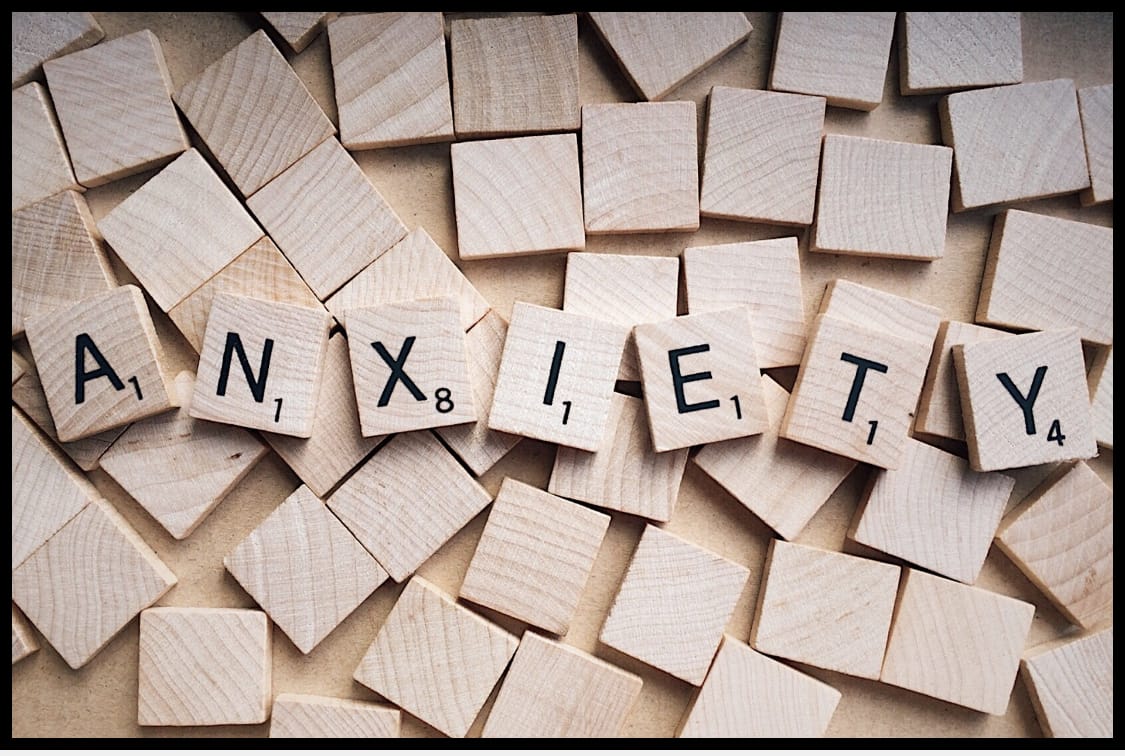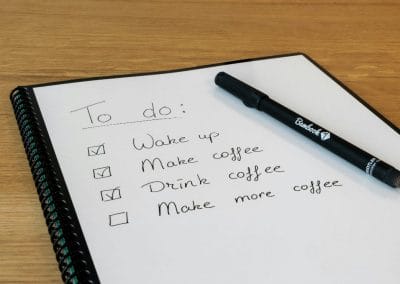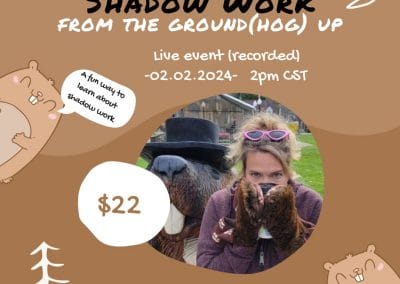There are two ways to approach and manage anxiety–prevention and intervention. With prevention, we try to add elements to our lives that keep us mindful, relaxed, and help anxiety from rearing its ugly head. If anxiety does take over, however, we have intervention tools that can help us manage it.
As I’m writing this, I’m fighting a cold, so I’m going to use it as an analogy (at least I’ll get something out of it, right?). To prevent a cold, we can do things like practice good hand washing hygiene, eat immune boosting foods, exercise regularly, take our vitamins, etc. But sometimes, even if we do everything to prevent them, colds happen. That’s when we have to pull out our intervention tools–cold meds, liquids, plenty of rest. We try to manage the cold so that it doesn’t get worse (and hopefully gets better quickly!).
How does that work with anxiety? Let’s break it down.
Prevention: There are lots of things we can do to try to stave off anxiety. Generally speaking, we can do many of the things I listed above when talking about preventing colds: regular exercise, eating mindfully, making sure that our vitamin intake is in balance. We can also add stretching or yoga to our regimen and practice mindfulness techniques and/or meditation. Enhancing our spiritual lives has also been linked with anxiety prevention. Research shows that a healthy spiritual framework can help people feel feel a sense of hope, feel more positive about life changes, and view problems as a growth or learning experience.
Practically speaking, we can also help prevent anxiety from getting the better of us by organizing our living and working spaces so that we can find things more easily and just feel a sense of harmony in our environment. We can practice time management techniques and use calendaring tools to help keep our schedules straight (and we can try not to pack our schedules too heavily).
Intervention: When anxiety hits, we have many intervention tools at our disposal. There are cognitive-behavior techniques we can use, like thought stopping or reframing the situation. A therapist or coach can help you find the tools that work best for you. Talking it out with someone you trust can help, as well. And doing some progressive relaxation and breathing techniques in the moment can help bring your anxiety down to a more manageable level. Writing out your feelings in a journal can also be helpful. And spiritual practices, such as prayer, has been shown to help individuals cope with anxious feelings as they occur.
Remember: if you or a loved one are experiencing anxiety that is getting in the way of daily living, reach out to a therapist that can help you find the tools to manage it.








